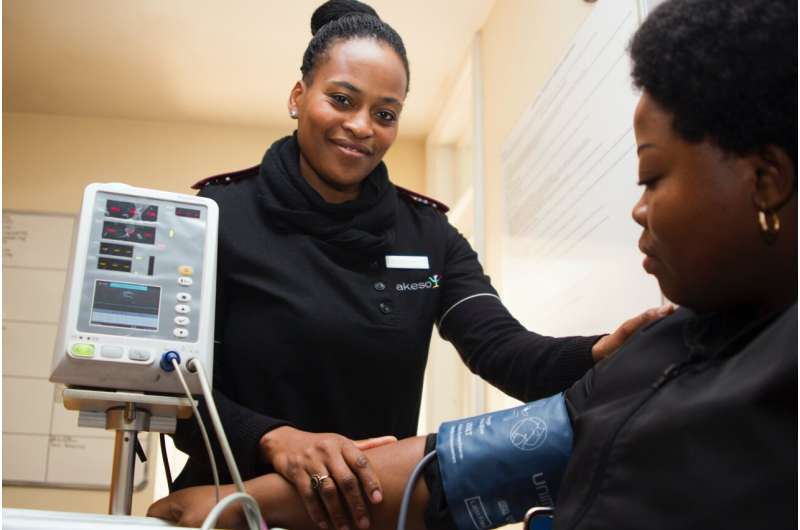Study Finds Routine Heart CT Scanning Unnecessary Post-Stenting for Left Main Coronary Artery Disease

New research shows that routine heart CT scans after stenting for left main coronary artery disease do not improve patient outcomes, questioning the value of routine imaging in follow-up care.
Recent research presented at the ESC Congress 2025 has shown that routine coronary computed tomography (CCT) scans are not beneficial for follow-up after stenting procedures in patients with left main coronary artery disease. The study indicates that regular CCT monitoring at six months does not significantly reduce the risk of death, myocardial infarction (MI), unstable angina, or stent thrombosis when compared to standard symptom-based management.
The trial, named PULSE, was a multicenter, randomized controlled study involving 606 patients across Europe and South America, with an average age of 69 years. Participants were assigned either to a CCT-guided follow-up at six months or to routine management based on symptoms and ischemia. The primary endpoint was a composite of all-cause death, MI, unstable angina, or stent thrombosis over 18 months.
Findings revealed no significant difference in the primary composite endpoint between the two groups—11.9% in the CCT group versus 12.5% in the standard care group. Notably, the CCT group showed a lower incidence of spontaneous MI (0.9% vs. 4.9%), but there was an increase in revascularizations prompted by imaging findings, which did not translate into better clinical outcomes.
The lead investigator, Professor Fabrizio D'Ascenzo, stated that systematic six-month CCT follow-up did not reduce the overall risk of adverse events and suggested that routine surveillance may be unnecessary for all patients. However, the approach might still hold value for selected patients with complex anatomies or those at higher risk, especially over longer follow-up periods.
This study underscores that while CCT is a useful diagnostic tool, its routine use after PCI for left main disease does not improve survival or reduce major cardiac events, emphasizing a tailored approach to post-procedural monitoring.
Stay Updated with Mia's Feed
Get the latest health & wellness insights delivered straight to your inbox.
Related Articles
Understanding How the Epstein-Barr Virus Facilitates Its Spread in the Body
New research reveals how the Epstein-Barr virus enhances its dissemination by manipulating B cell migration, opening new avenues for targeted therapies against associated diseases.
FDA Approves Sonu Band for Non-Drug Treatment of Pediatric Nasal Congestion
The FDA has approved the Sonu Band, a non-drug wearable device offering effective relief for pediatric nasal congestion by using acoustic therapy and AI technology. This innovative treatment provides a safe alternative for children aged 12 and older suffering from nasal issues.
Genetic Testing in Childhood Can Predict Obesity Risk
A new genetic test using polygenic risk scores can predict childhood obesity as early as age five, paving the way for targeted early interventions to prevent obesity later in life.
Potential Impact of Caffeine on Blood Transfusion Effectiveness
New research reveals that caffeine consumption by blood donors can impair red blood cell quality, potentially reducing the effectiveness of blood transfusions. The study highlights the importance of personalized transfusion strategies considering lifestyle factors and genetic traits.



